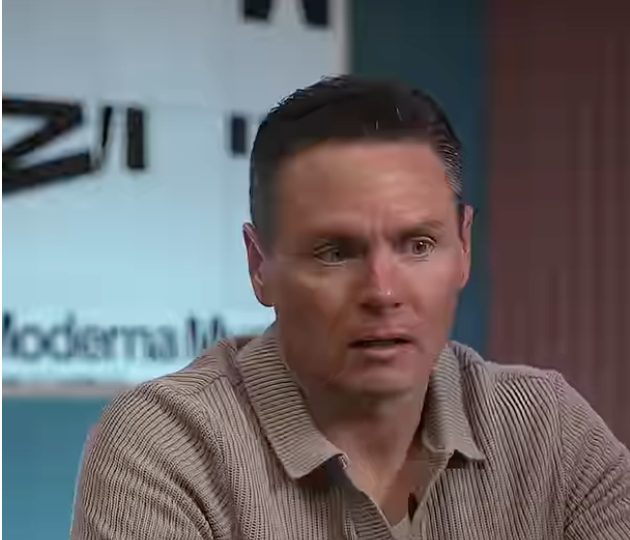When we’ve been hurt, betrayed, or abandoned, playing the victim feels not only justified but protective. It provides a convenient explanation for our suffering and shields us from further vulnerability. But this protection comes at a devastating cost – it keeps us permanently trapped in our wounds.
The uncomfortable truth is that as long as we blame someone or something else for our emotional state, we surrender the very power needed to transform it. This realization was pivotal in my own healing journey and has become central to how I guide others toward inner peace.
The Comfort Trap of Victimhood
Victim mentality offers several seductive benefits that make it difficult to release:
- It provides a ready explanation for our pain and suffering
- It shields us from taking risks that might lead to further hurt
- It often attracts sympathy and support from others
- It removes the burden of responsibility for our current situation
These short-term comforts create a dangerous illusion. While temporarily soothing, they ultimately prevent us from developing the resilience and agency needed for true healing.
The question we must ask ourselves is profound yet simple: How can we expect to heal if we don’t take responsibility for our own peace and happiness? No matter what happened to us, the path forward requires us to reclaim ownership of our emotional well-being.
The Path to Reclaiming Your Power
Breaking free from victim mentality doesn’t mean denying or minimizing past trauma. Rather, it means acknowledging what happened while refusing to let it define your future. This distinction is crucial.
True empowerment is never handed to us – it must be earned. And the price of this empowerment is giving up the victim narrative that may have become comfortable or even part of our identity.
My work with leaders has shown me that those who thrive despite hardship share a common trait: they’ve made the conscious choice to move from victim to creator in their life story. This shift doesn’t happen overnight, but it begins with awareness.
Practical Steps Toward Empowerment
If you recognize victim patterns in your thinking, consider these approaches to begin shifting your perspective:
- Notice when you’re blaming external circumstances for your feelings
- Ask yourself what aspect of the situation you can influence or control
- Challenge thoughts that contain absolutes like “always” or “never”
- Practice taking responsibility for your reactions, even when the trigger wasn’t your fault
- Surround yourself with people who encourage agency rather than victimhood
The journey from victim to empowerment requires courage. It means facing the uncomfortable truth that while we can’t control everything that happens to us, we always retain the power to choose our response.
This perspective shift doesn’t erase the pain of past wounds, but it does something more valuable – it returns to us the authority to determine our future regardless of our history.
The Ultimate Freedom
When we release victim mentality, we discover a profound truth: no person or circumstance can determine our worth, peace, or happiness unless we grant them that power. This realization is both liberating and challenging because it places the responsibility for our well-being squarely in our own hands.
In my years of guiding others through healing, I’ve witnessed remarkable transformations when people make this shift. The very same circumstances that once seemed like insurmountable obstacles become opportunities for growth and self-discovery.
The path to healing begins with a single, courageous choice – to stop seeing yourself as a victim of your circumstances and start recognizing yourself as the author of your response to them. This choice, made consistently over time, leads to the inner peace and fulfillment that no external validation can provide.
Your healing journey awaits, but only you can take the first step.
Frequently Asked Questions
Q: Does letting go of victim mentality mean I’m saying what happened to me wasn’t wrong?
Not at all. Releasing victim mentality doesn’t invalidate your experiences or excuse harmful actions others took. It simply means you’re choosing not to let those events control your future happiness. You can acknowledge a wrong was committed while still taking responsibility for your healing process.
Q: How can I tell if I’m stuck in victim mentality?
Common signs include frequently blaming others for your emotions, feeling powerless to change your situation, using phrases like “I have no choice,” focusing extensively on past hurts, and resisting suggestions about ways you might take action to improve your circumstances.
Q: Isn’t it normal to feel like a victim when something terrible happens?
Absolutely. The initial reaction of feeling victimized after trauma is natural and part of processing what happened. The problem arises when this temporary state becomes a permanent mindset that prevents moving forward. There’s a difference between experiencing victimization and adopting victimhood as an identity.
Q: How long does it take to overcome victim mentality?
This varies greatly depending on the individual and the nature of their experiences. For some, it might be a sudden realization that shifts their perspective quickly. For others, especially those with significant trauma, it’s a gradual process that unfolds over months or years of conscious effort. The important thing is to begin the journey.
Q: Can I help someone else move past victim mentality?
While you can provide support and model empowered thinking, the decision to move beyond victimhood must come from within the individual. The most helpful approach is often to compassionately acknowledge their pain while gently encouraging them to recognize areas where they do have choices. Avoid criticism or forcing your perspective, as this can actually reinforce feelings of victimization.







